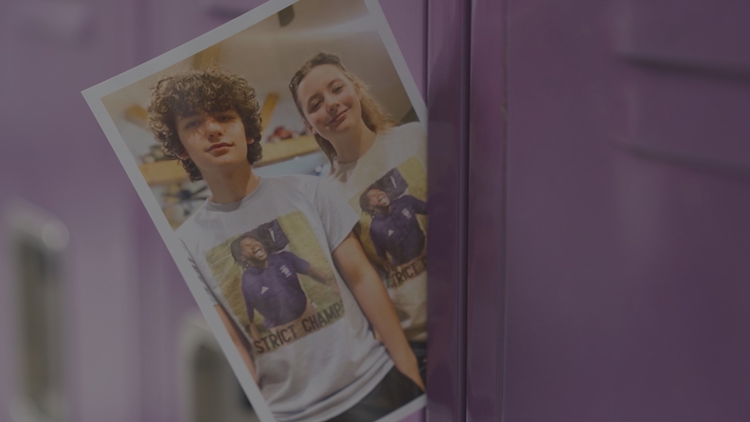Share this @internewscast.com

Brock investigates crimes against children. He said sextortion is the fast-growing threat against Kentucky’s kids, citing at least two new cases reported every week, and warns every child is at risk.
“I think some parents may assume, well, my child’s popular, they have friends, they have a girlfriend or a boyfriend. They wouldn’t fall for something like this. That’s simply not true,” he said.
He said predators find their victims on social media, websites with comments or messaging and on video games.
Typically, suspects target one area at a time, like a single town or school. They’re known to befriend the teens, gain their trust and then turn on them.
“Thousands and thousands of children have fallen victim to this and the emotional scars this can leave behind [last] for years to come. It’s damaging,” Brock said.
The FBI said the predators are mostly people in West African countries, working in teams to target as many kids as possible, as fast as possible.
When they have a victim “on the hook,” they put the pressure on, working to get as much money as they can, as fast as they can.
“It’s late at night, their parents are asleep. They’re afraid to talk to their parents about this, or anyone, because it’s so embarrassing for them,” Brock explained. “And this can all happen from the moment you go to sleep. As a parent, your child will be having this conversation. You won’t even know about it.”
That’s what happened to Eli’s parents. They didn’t know what was happening until it was too late. Now, they regret not talking to Eli about it sooner.
“Every parent has been through this is probably going to get the same thing — ‘You should have this, you should have that.’ We got it. We got the guilt. We do. We have we get it every day,” Burnett said. “We did our best as parents, and the problem is that every parent out there thinks the exact same thing, and it’s not…it’s not working.”
Their motivation for telling Eli’s story stems from a desire to provide other parents with the knowledge they didn’t have.
“It should have been, you know, in in our eyes, something that we could have stopped had we had information that we had already given him, that, you know, ‘Your back’s not against the wall and you can fight this,'” Burnett said “And we want other parents to know that this is something where it’s time to get the fight.”

















